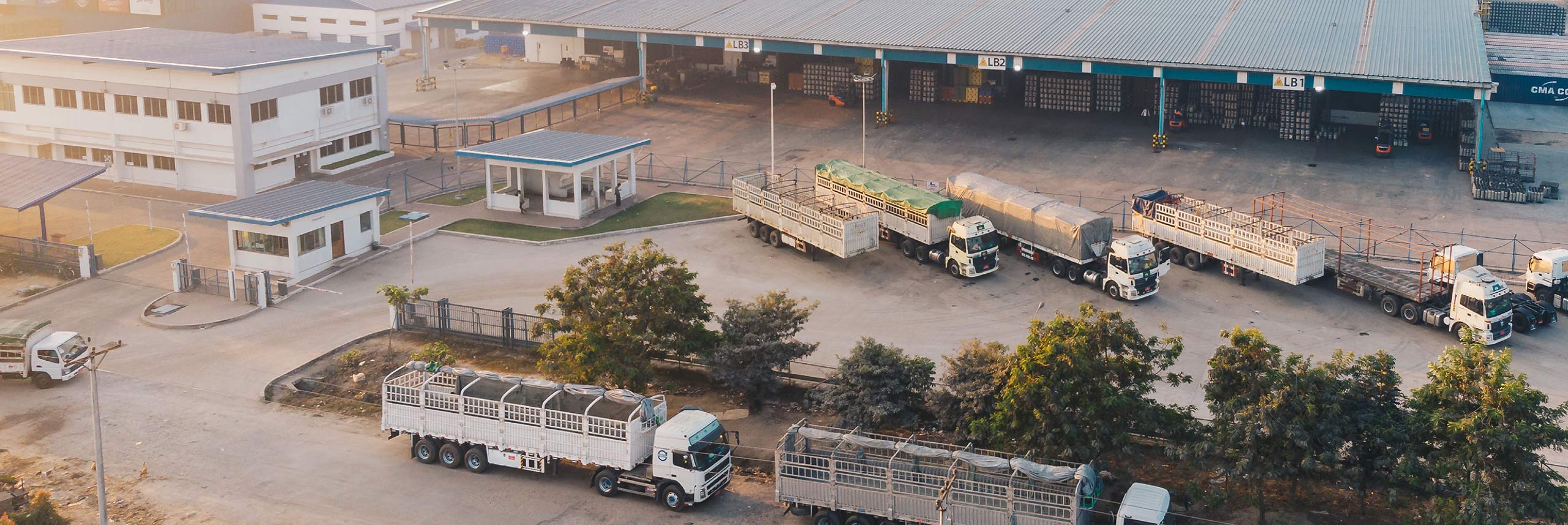
28 Oct Enabling rapid digitisation at North American Airports
Memphis, Louisville, Ted Stevens, Miami, and Chicago’s O’Hare Airports are among the list of top 20 airports in the world in terms of cargo traffic. Memphis handled 4.32 million tonnes in 2019 and stands second in the world next only to Hong Kong. Precisely, Airports in North America and more specifically in the USA are nothing but a hub of air cargo activities in the world. But unfortunately, this invites a complete suite of challenges. Truck Congestion is the most significant challenge that these airports face.
“Memphis, Louisville, Ted Stevens, Miami, and Chicago’s O’Hare Airports are among the Top 20 Airports in the world in terms of Cargo Traffic”
Forwarders and truckers find it hard in moving cargo in and out of the airport terminal. It is believed that nearly 2-4 hours is spent waiting in a long queue of trucks. In certain cases, the time is far more than the minimum range. In turn, this causes traffic on the highway, which requires the intervention of the local traffic control department.
“Truckers spend nearly 2-4 hours waiting in a long queue to reach airport cargo terminal and that’s more prevalent in North America”
With repeated requests made by industry bodies and the stakeholder fraternity, the airport authority did come up with an infrastructure rebounding strategy. Well, the trucks can be parked at a separate facility, but yet their time to process the cargo still remains the same.
“Lack of Resource Planning is a major challenge in the air cargo value chain”
Ground Handlers operate with an enterprise legacy system which requires manually entering data in physical format to an Enterprise System. The data is then shared in a physical format to the Customs authorities, airlines, and other stakeholders. Therefore, truck congestion undoubtedly leads to a host of other challenges. Operational delays, dependency on paper-based transactions, and lack of cargo visibility are some of the key pain points which they had. Also, with so much dependence on paper, regulators are concerned about how to enable sustainable practices as a standard operating procedure.
Embracing Community Platforms
Hartsfield-Jackson Airport at Atlanta is one airport that had similar challenges and any airports in the USA are subject to it. But with 360-degree technology adoption this issue can be solved seamlessly and the operations well streamlined. Here are certain modules of a cargo community platform which can offer a specific solution to the existing challenges.
Truck slot management
Truckers spend a significant amount of time waiting to reach the air cargo terminal. But an Airport Cargo Community System enables truckers to book a specific time slot. For example, a trucker can drive in with the cargo by 2 PM in the afternoon when there is no congestion or for that matter, less congestion. Also, the handlers or terminal operators too come to know the details about the cargo with which the trucker is coming in to drop off or is picking up.
Advance information sharing capabilities
Inefficient handling of resources is a major challenge which the Ground Handlers face as a result of the long queue of trucks waiting for hours to reach the terminal. Airport Cargo Community System enables Ground Handlers to get advance information on cargo coming to the airport as well as get all documentation online.
Door management
Non-Optimal Utilisation of Doors at every terminal and lack of information on incoming cargo is a bottleneck for all stakeholders. But with advance information on truck arrival, doors at airport terminals can be managed optimally. Air Cargo Community System offers smart management of doors at terminals. Right from choosing the time slot when there is less truck congestion to having advance information on the incoming cargo. In turn, this increases the efficiency of the terminal operator and improves the utility of every single door.
Online document exchange
Sustainability is the point of discussion across the globe and North America for that matter is pretty forward. But regulators couldn’t find a common solution to make all stakeholders adhere to the standards to meet sustainable development goals. Especially, in terms of eliminating paper-based processes. Airport Cargo Community System enables document sharing online. This means stakeholders can adhere to the standard practices to meet sustainability goals and ensure paperless trade. Also, by exchanging documents online the disparate operational hazards are eliminated.

